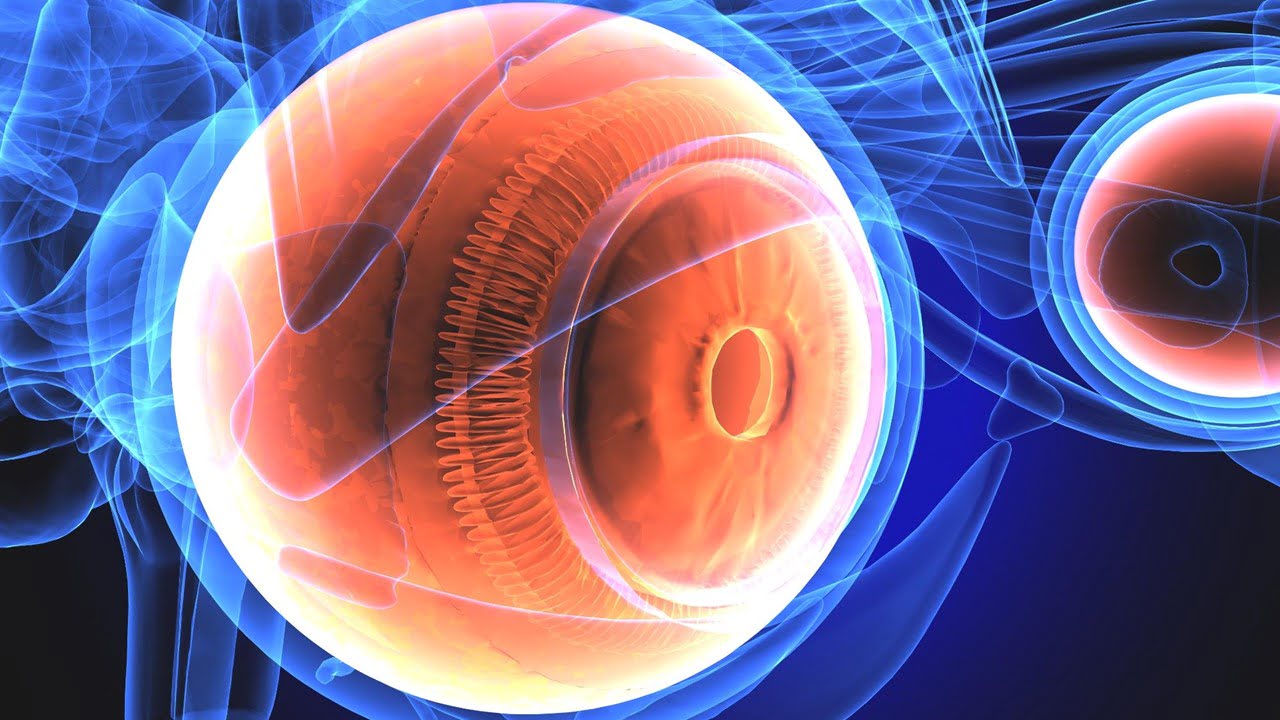
According to a review, collaboration between artificial intelligence systems and clinicians may lead to mutual advancements in glaucoma research and clinical practice. Given that glaucomatous changes to the optic nerve head tissues are an irreversible, timely, and dependable structural and functional evaluation of the eye could aid in glaucoma diagnosis. AI-based systems have revolutionized the [..]
Read More
Researchers recently obtained new results on dielectronic recombination precision spectroscopy. One of the most important collision reactions in the plasma environment is electron-ion recombination. The most fundamental input parameters for astrophysical and fusion plasma modeling are precise electron-ion recombination rate coefficients. The radiation lines produced by the dielectronic recombination (DR) process can be used as [..]
Read More
The U.S. Army Research Laboratory discovered a new AR technology to overcome bright lighting conditions during the day using low-contrast dimming highlights. It opens up new research questions to improve warfighter AR and heads-up display performance in outdoor operations. It’s difficult to make AR displays brighter due to the amount of power needed, and it’s [..]
Read More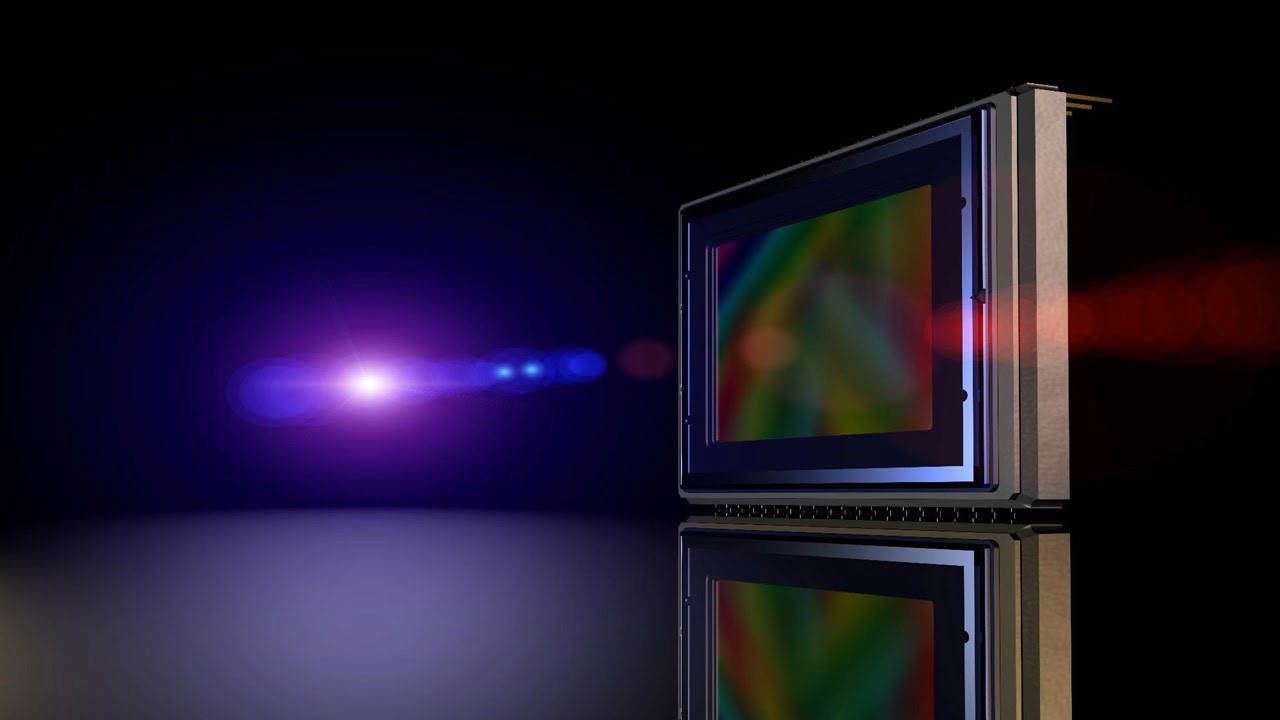
Researchers in the United States created a lithium-niobate microresonator on a chip. They demonstrated that it could generate photon pairs more than 100 times faster than other chip-based photon sources. They believe that by combining it with other optical components, the tiny resonator could aid in the “widespread adoption” of quantum devices. The spontaneous parametric [..]
Read More
An international team of scientists has published the findings of an experiment that could serve as a model for studying transition states in atoms and molecules. This would provide new opportunities to learn more about important processes like photocatalysis, the first steps in photosynthesis, and radiation damage. The researchers used high-resolution electron spectroscopy to capture [..]
Read More
Many natural and industrial processes, such as liquid-to-vapor phase change, gas-evolving reactions, and solid-state material growth, involve the distribution of nucleation sites. However, a complete understanding of the process still needs to be discovered. These limitations are due to the difficulty of probing micro/nanoscopic nucleation sites and the process’s insufficient statistical interpretation. Researchers used phase-enhanced [..]
Read More
Semiconductor lasers have become one of the most important enablers of photonics-based technologies, allowing for indispensable science and a wide range of technologies. Vertical-cavity surface-emitting lasers (VCSEL), a critical class of semiconductor lasers, are gaining importance for their use as an optical source in high-speed, short-wavelength communications and sensors due to their form factor and [..]
Read More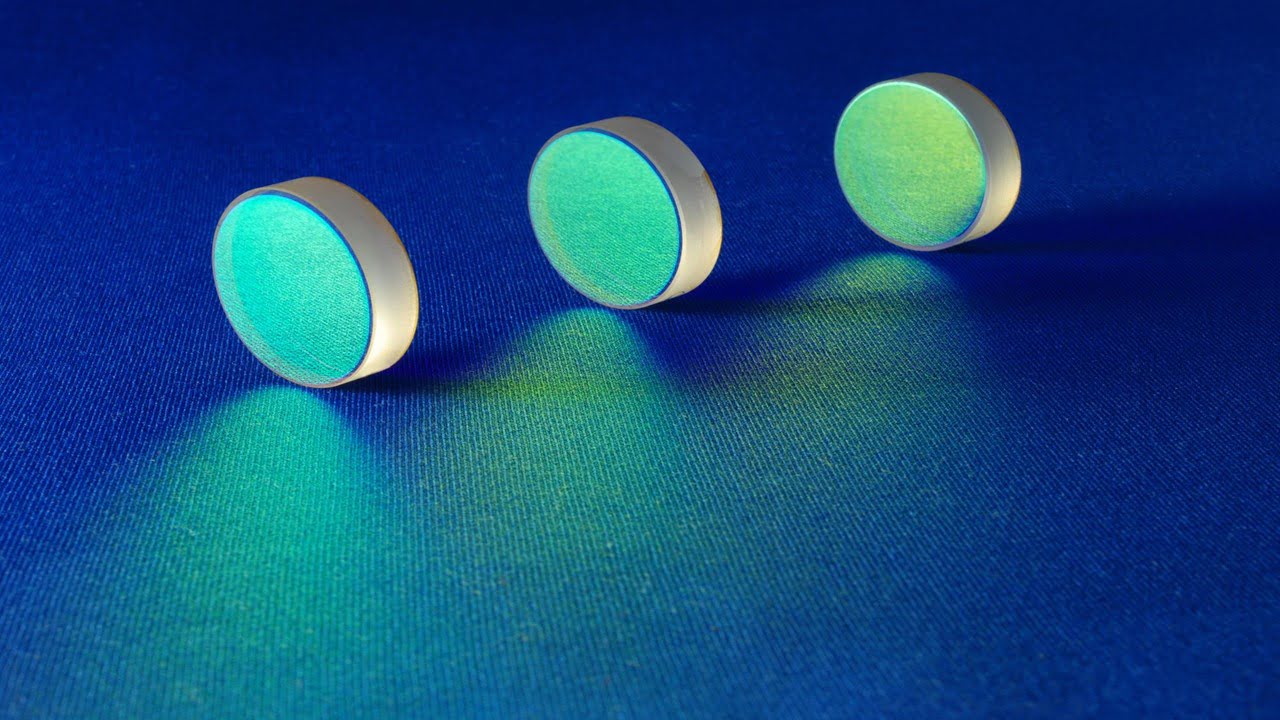
Researchers have been inspired by the moth eye to create a new, highly effective anti-reflective coating that could be used on solar panels, smartphones, and tablet computers. These primarily nocturnal creatures have evolved non-reflective eyes to avoid predator detection. The surface’s periodic nanoscale structure causes the non-reflective nature of the moth eye. Because of the [..]
Read MoreResearchers have developed artificial intelligence technology that combines imaging, processing, machine learning, and memory in a single light-powered electronic chip. The prototype reduces the size of artificial intelligence technology by mimicking how the human brain processes visual information. The nanoscale advancement combines the core software required to drive artificial intelligence with image-capturing hardware (device) in [..]
Read More
Researchers created a fluorescent imaging method that can simultaneously image up to five different molecule types by measuring each signal from a random, distinct location within a cell. This method could help scientists learn more about the complex signaling networks that control most cell functions. The genome encodes thousands of molecules, interacting in ways we [..]
Read More
Researchers created tailored gradient refractive index glass optics using multi-material 3D printed glass, which could lead to better military-specialized eyewear and virtual reality goggles. The new technique could perform a wide range of conventional and unconventional optical functions in a flat glass component (with no surface curvature), allowing for greater optical design versatility in environmentally [..]
Read More
Researchers have developed interactive, slim-paneled holographic screens (displays) that increase the viewing angle for 3D videos by 30 times. The ultra-thin glass prototype could make holographic video displays more easily integrated into mobile devices. Holography is a photographic technique that records the light scattered from an object and displays it as three-dimensional, such as Princess [..]
Read More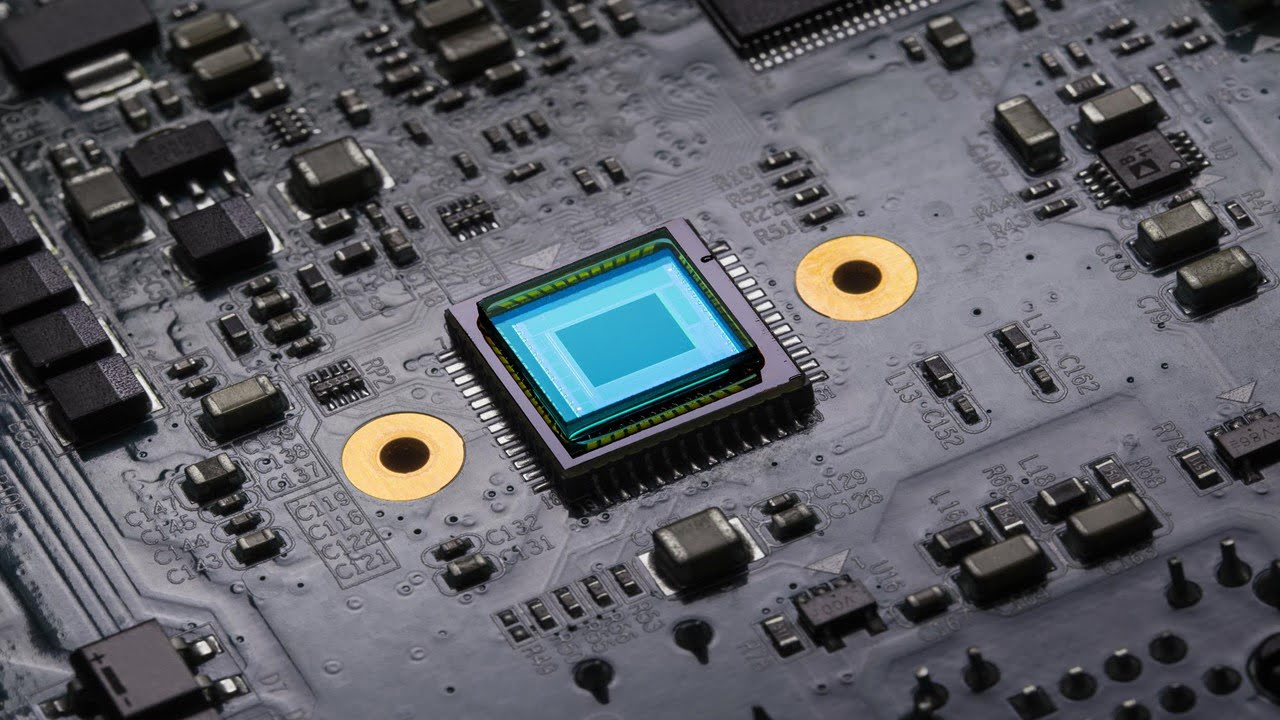
Researchers have developed a new miniaturized light detector to measure quantum light features in greater detail. The device, constructed from two working silicon chips, measured the unique properties of “squeezed” quantum light at record-breaking speeds. Using the unique properties of quantum physics to outperform the current state-of-the-art in computing, communication, and measurement promises new paths. [..]
Read More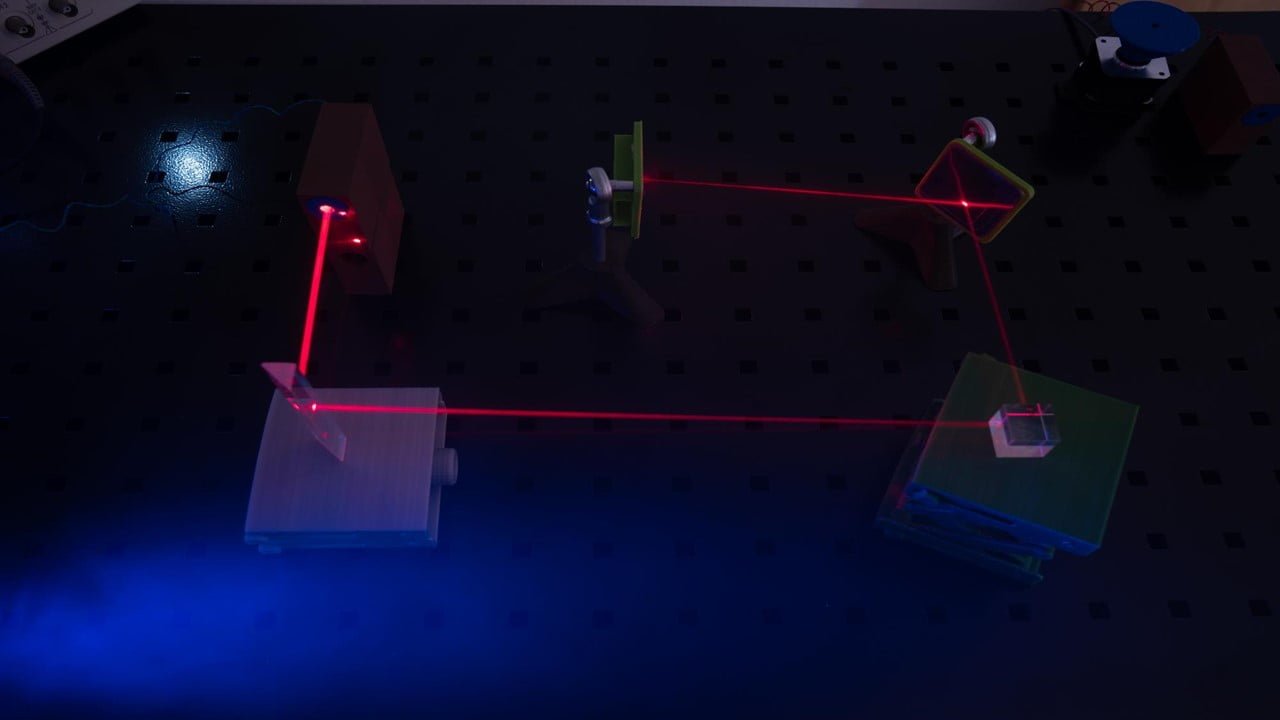
Researchers created novel linear nanomotors that move in controlled directions using laser light. This research paves the way for new microfluidics applications, such as lab-on-a-chip systems with optically actuated pumps and valves. The researchers developed a system of linear motors made of gold nanorods that move in a controlled direction when exposed to laser light. [..]
Read More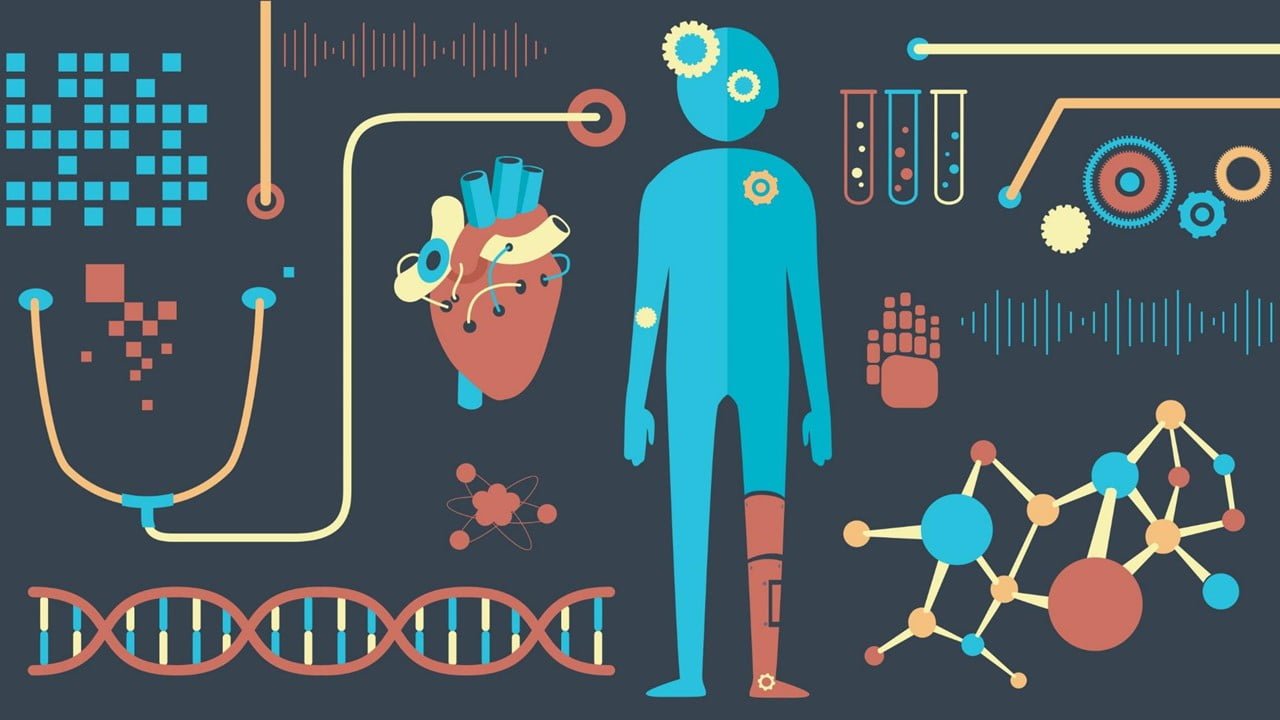
Researchers have demonstrated that a glass surface embedded with self-assembled gold nanoparticles can improve resolution using a conventional widefield microscope, allowing for high-resolution fluorescence microscopy capable of high-speed imaging of living cells. Because optical microscopes magnify light to obtain detailed images of a structure, the size of distinguishable objects has long been limited by diffraction—a [..]
Read More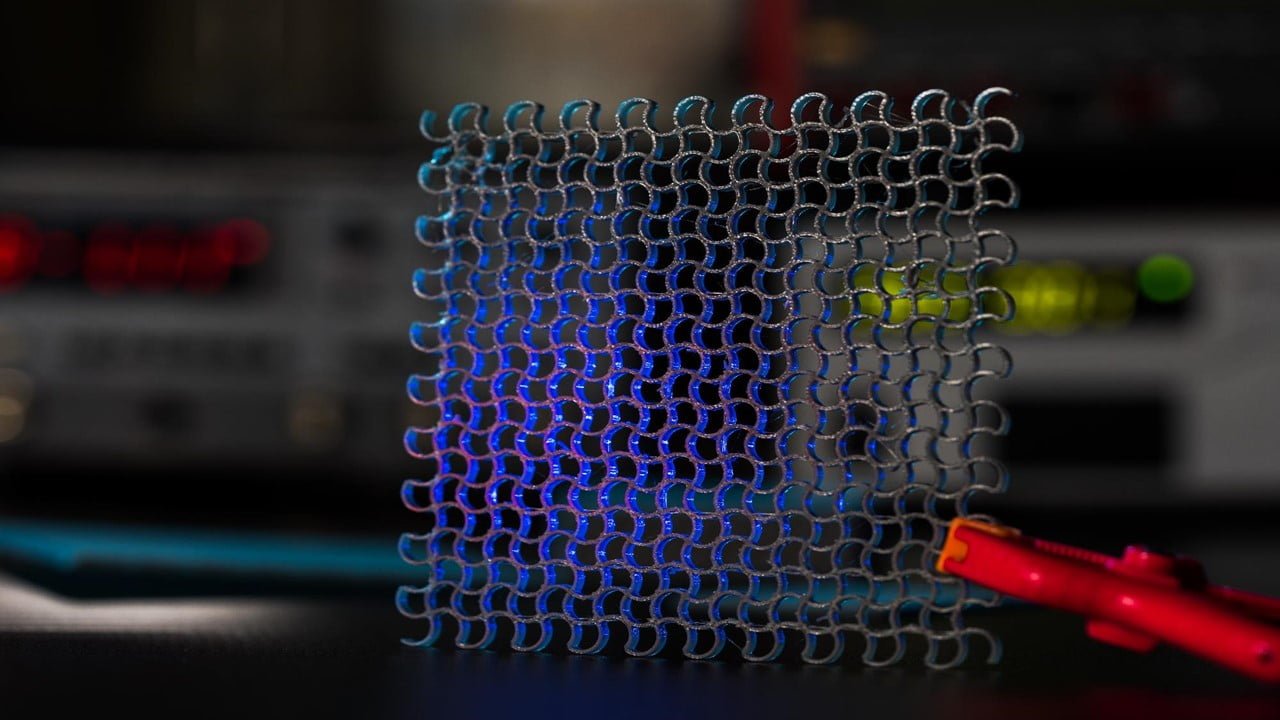
A team of scientists describes a new OLED display that can pack in 10,000 pixels per inch with room to scale. In comparison, today’s smartphone and VR displays are less than 1,000 pixels per inch. The new display was born from a breakthrough in solar cells, where the scientists used optical metasurfaces — these are [..]
Read More
Superresolution microscopy – a technology that enables the acquisition of fluorescent micrographs of samples with a resolution well below the optical diffraction limit of ~250 nm – is rapidly evolving. Several methods have been developed during the past two decades that allow for this extension of conventional optical microscopy, and they have substantially contributed to [..]
Read More
Many problems in mechanobiology necessitate the characterization of cells’ and tissues’ micromechanical properties. Brillouin spectroscopy (light scattering) has been proposed as a new optical elastography technique to meet this requirement. However, the information in the Brillouin spectrum remains a source of contention due to fundamental issues in understanding the role of water in biomechanics and [..]
Read More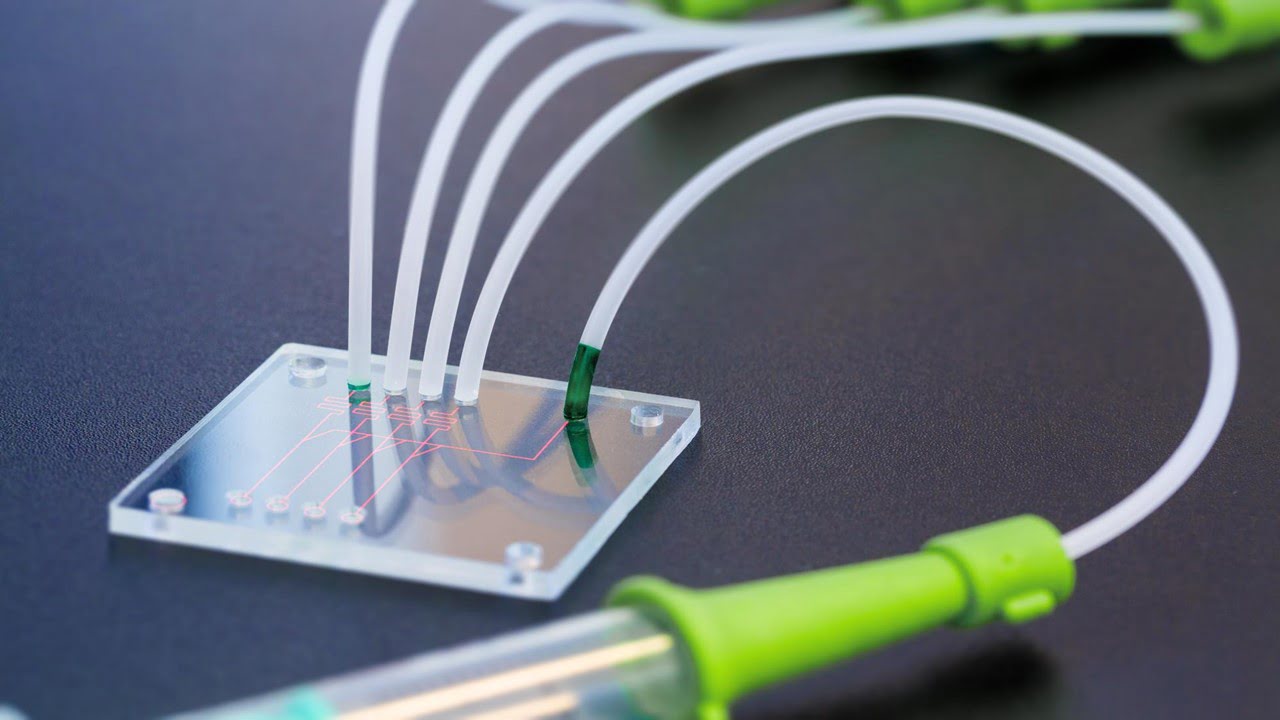
Newly developed biosensor devices linked to smartphones could significantly reduce real-time detection rates in the fight against COVID-19 and other future viral outbreaks. Scientists have developed a novel Computational Fluid Dynamics (CFD) platform to help biosensor devices detect biological species and control virus outbreaks. Biosensors are instruments that detect the presence of biological agents such [..]
Read More
Neuroscientists must be able to map in great detail the neural circuits responsible for tasks such as processing sensory information or forming new memories to understand the brain better. A group of researchers has now described a new method for observing the activity of thousands to millions of neurons within a single brain circuit in [..]
Read More